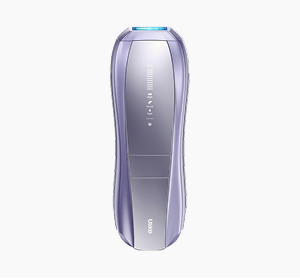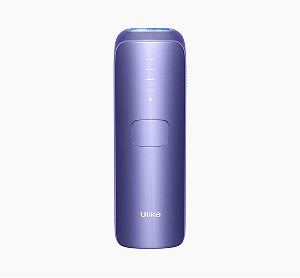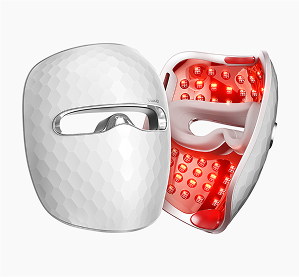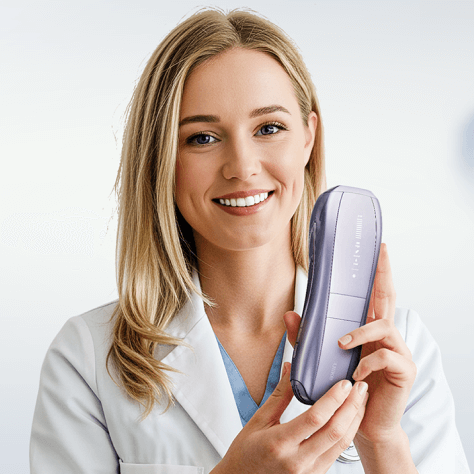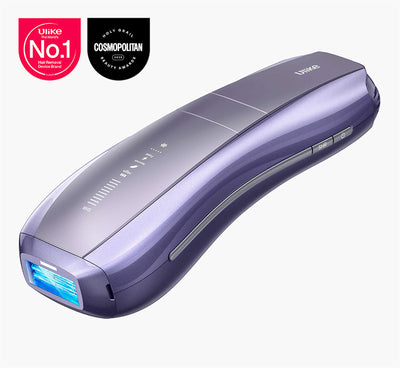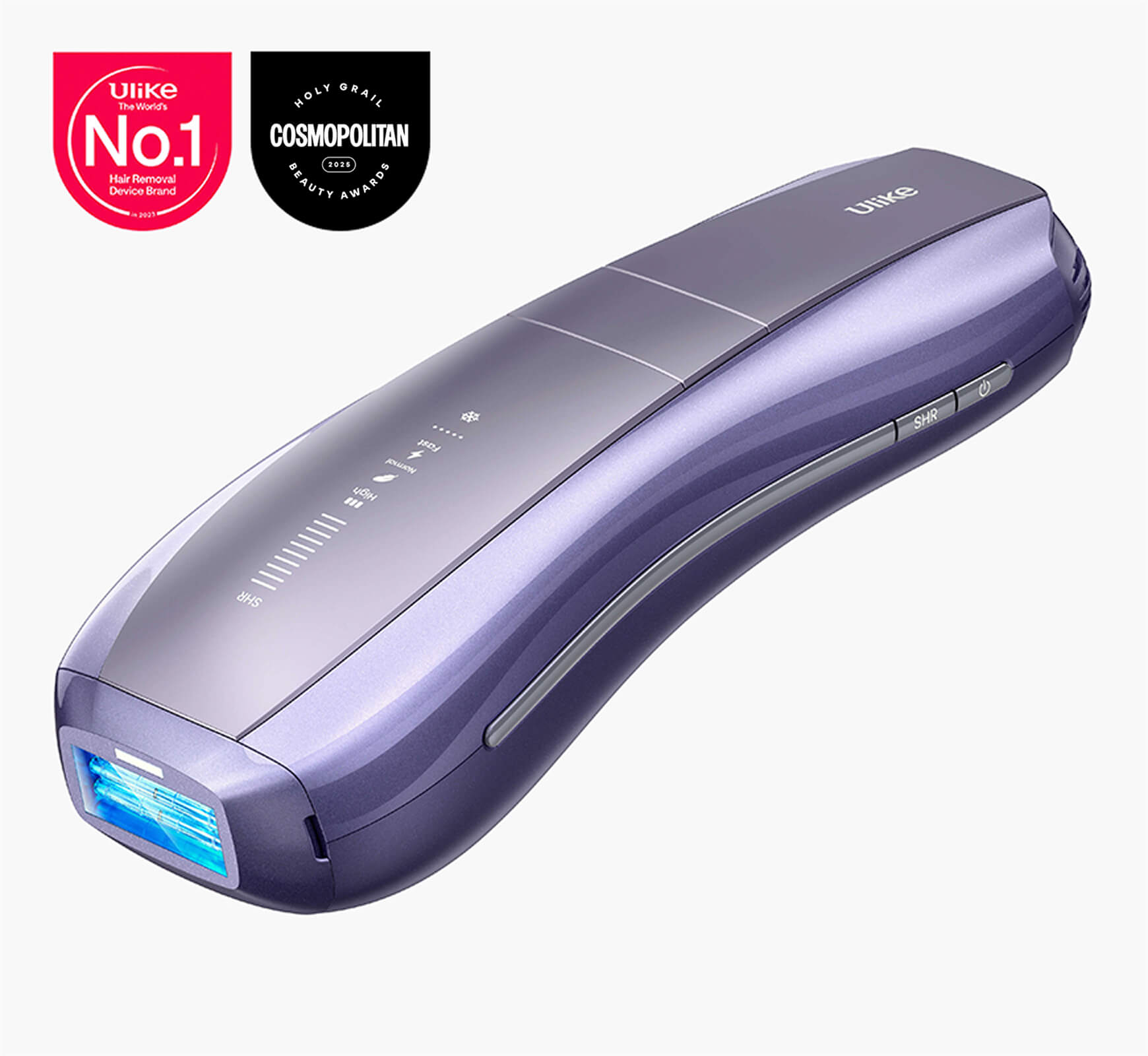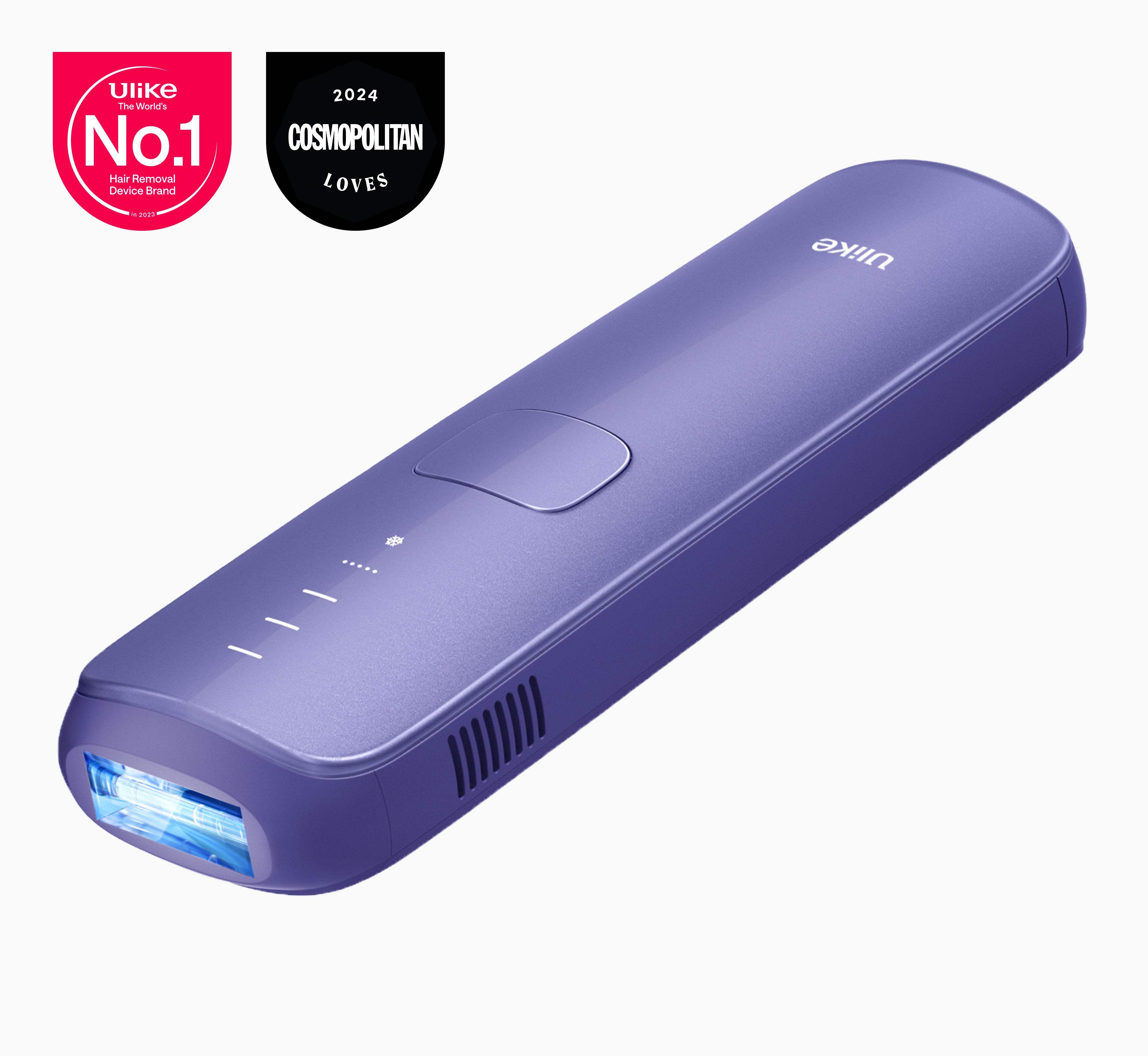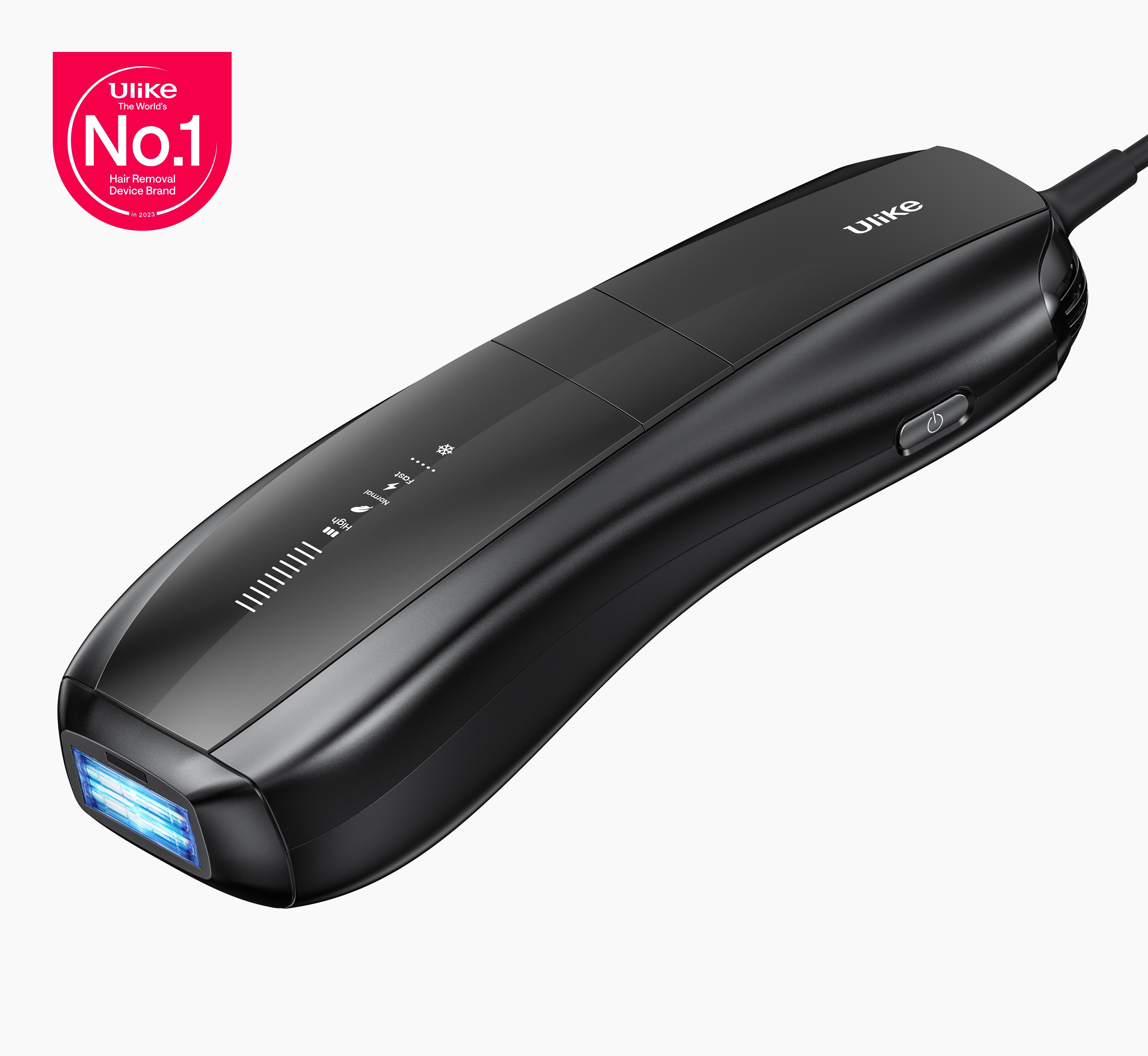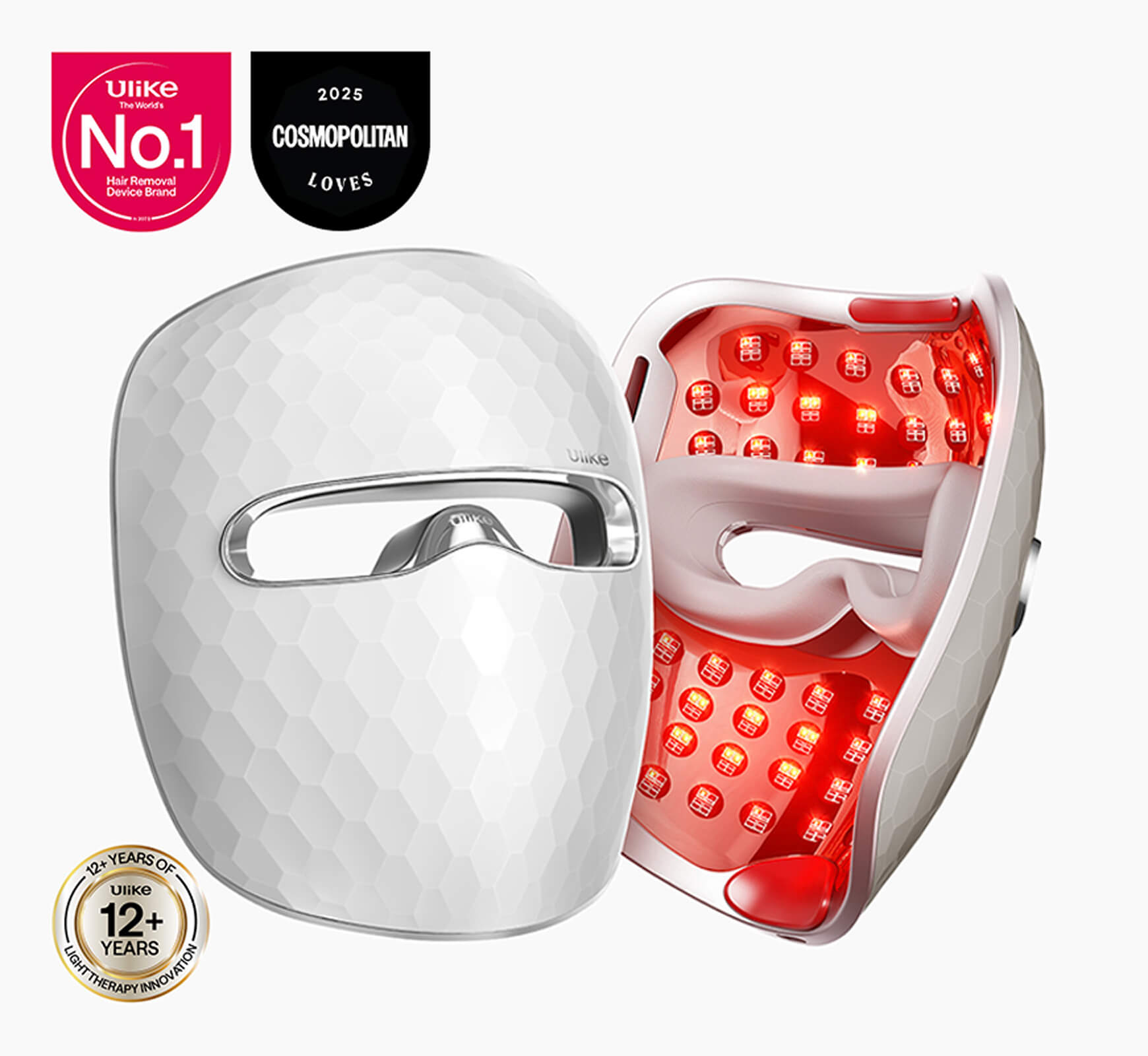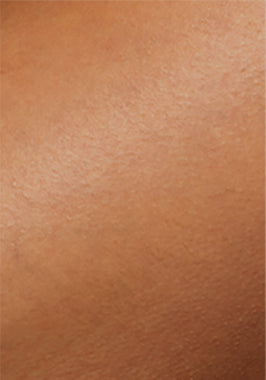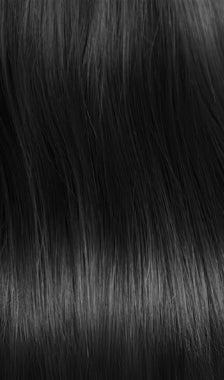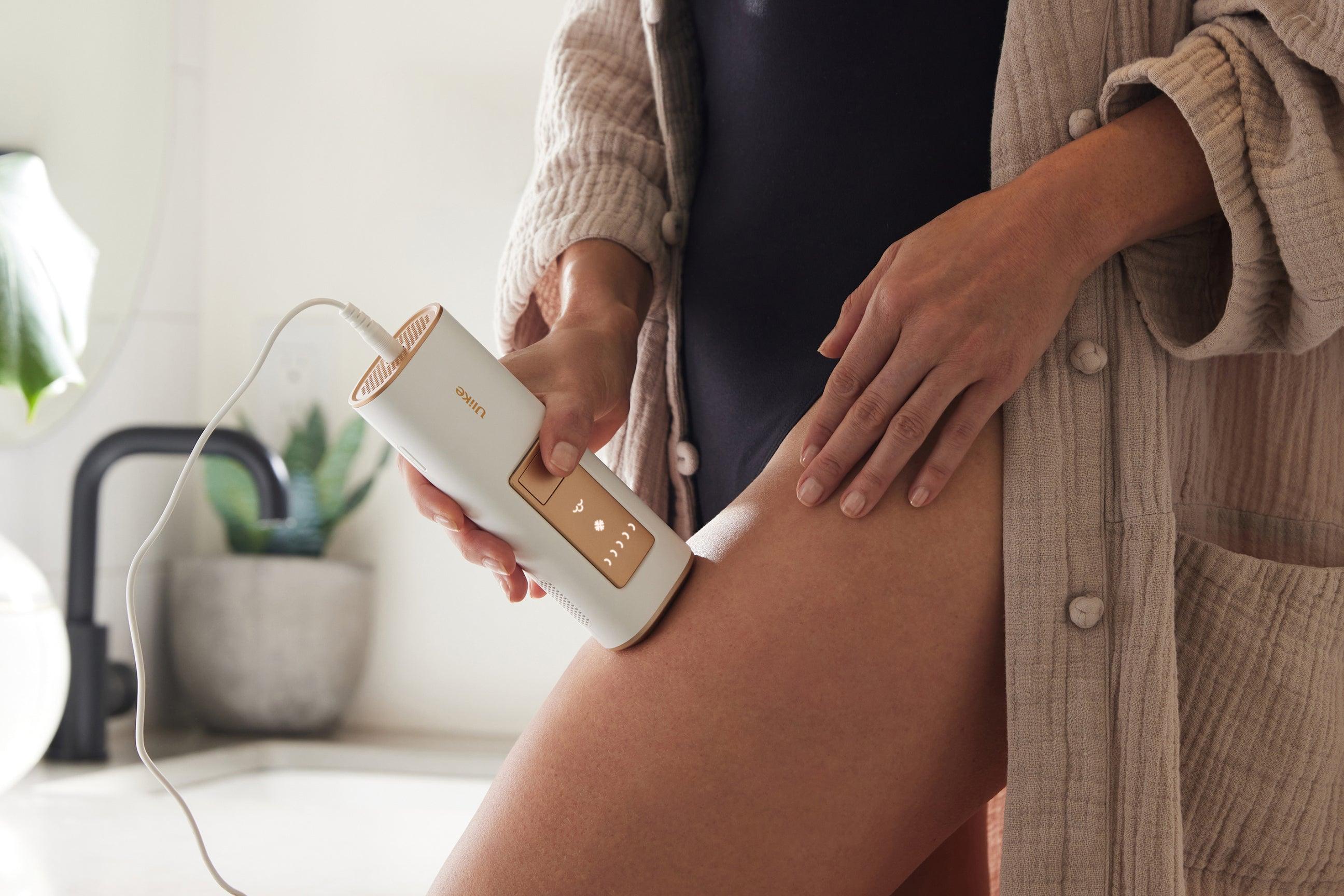
Hair Removal While Pregnant: Is It Safe?
Pregnant women’s bodies undergo a variety of changes throughout childbirth. And unwelcome hair growth is one result of these hormonal shifts. You might think about laser hair removal if you’re seeing hair growth in unexpected places or if your belly is so large that you can’t shave your legs. Then one question that arises in every woman’s mind is ‘Can you get laser hair removal while pregnant’ well, the answer is technically yes, but it’s not safe to do it. The best time probably to get a laser hair removal when you are not pregnant.
Laser hair removal damages the hair follicle mechanically or thermally by targeting the dark pigment in the hair. Laser hair removal while pregnant is also avoided because there is very less information on how it affects the fetus. Doctors also advise that one should avoid the abdomen part at the last stage of pregnancy as it is very sensitive and can be a very difficult and uncomfortable situation for one.
Hair Removal Methods and If They are Safe during Pregnancy
There are numerous laser hair removal methods. They are as follows-
- Waxing
During pregnancy, you could discover that waxing causes your skin to respond differently. A soothing antiseptic lotion before and after waxing may lessen burning or stinging because your skin can be more sensitive. Additionally, it might stop an infection, diminish irritation, and lessen any redness that waxing might bring.
It is best to consult with your doctor before getting waxed. Waxing during pregnancy may not be advised for you for a particular cause. Some pregnant women find waxing to be more convenient and efficient than depilatory creams or lotions.
- Shaving
Shaving can always be the least expensive and most practical choice; however, it is not the simplest during pregnancy. By creatively involving your partner in the process, try to make it enjoyable. You and your lover might enjoy this time of bonding! Use a quality moisturizer every day to keep your skin smooth and silky after you shave.
Vitamin E-rich moisturizers have assisted some ladies in shaving less regularly. Check out all the wonderful scented and colorful shaving gels the next time you’re in the store, and pick up a brand-new specialized razor.
- Threading and Tweezing
Threading and tweezing are generally your best options for tiny hair removal tasks, such as trimming caterpillar eyebrows, getting rid of bothersome chin hairs, or zapping stray upper lip hairs (all perfectly natural!).
While it’s convenient to tweeze at home, threading—an old method of removing hair by rotating a loop of thread across the skin—is better left to a professional. Both are entirely safe during pregnancy because neither one calls for the use of chemicals or medical treatments.
- Bleaching
You may have used bleach to cover up undesired hair growth in the past, but this hair removal technique should not be used while pregnant. Due to the fact that it is directly applied to your skin, there is a potential that you will absorb some of the chemicals and thus expose your unborn kid to them.
Additionally, the numerous skin changes that occur during pregnancy may increase your skin’s sensitivity and susceptibility to irritation. For instance, bleaching would probably not work well on the new acne on your face or the heat rash in other places. Bleached hair may still stand out more due to transient skin color changes like linea nigra and melasma. It’s advisable to stop choosing this option until the birth of your child because there are no solid studies that show whether bleach is safe or not during pregnancy.
- Electrolysis
No studies have ever shown that electrolysis is safe during pregnancy, so it should be avoided. If you decide to undergo electrolysis, you should avoid having it done on your breasts in the final trimester, especially if you intend to breastfeed. You should avoid touching your abdomen in the last few weeks of pregnancy since it is highly sensitive and would be uncomfortable for you. When treating a pregnant patient, many electrologists want a letter from the woman’s doctor Cleareding the course of treatment.
- Lotions and CreamMethod
Although hair removal gels, sprays, lotions, roll-ons, and creams may seem like simple solutions, the research on their safety during pregnancy is still preliminary.
These products’ active components, calcium thioglycolate, and barium sulfide powder break down hair into a jelly-like material that may be removed from the skin.
The substances have a unique smell that is, at the very least repulsive and, in a few rare instances, has been known to trigger an allergic reaction. Depilatory creams are, therefore, usually best avoided until after giving birth, even if there is no evidence to suggest they are detrimental to developing kids.
Why temporary methods like shaving, tweezing, waxing and threading are considered safe?
Shaving, waxing, tweezing, and threading are considered as safe hair removal options during pregnancy as they are not totally in contact with your skin, and unlike the electrolysis hair removal or laser removal method, they do not use a current or harmful laser which can be harmful to the fetus.
Summary
Thus we can conclude that during pregnancy, a woman’s body goes through a lot of hormonal changes, which results in unwanted hair growth, and they begin asking questions to themselves like ‘can you do a laser hair removal while pregnant? Laser hair removal is a good option, but not when you are pregnant, as scientific studies have still not shown that the laser hair removal is safe for the unborn child. So until the birth of your child takes place, you should avoid the laser hair removal option and go for some other options that are safe while pregnant, like threading, waxing, tweezing, and shaving. You should also avoid bleaching and creams for hair removal during pregnancy, as they might have a negative impact on the fetus. Moreover, during pregnancy, your only focus should be on delivering a fit and healthy baby, and three months after delivering the baby, you will be perfectly ready to schedule a laser hair removal method.

At-home Dating Ideas of Valentine's Day

The best Christmas gift for your wife/girlfriend

What's the best Christmas gift for dad?
Need guidance?

